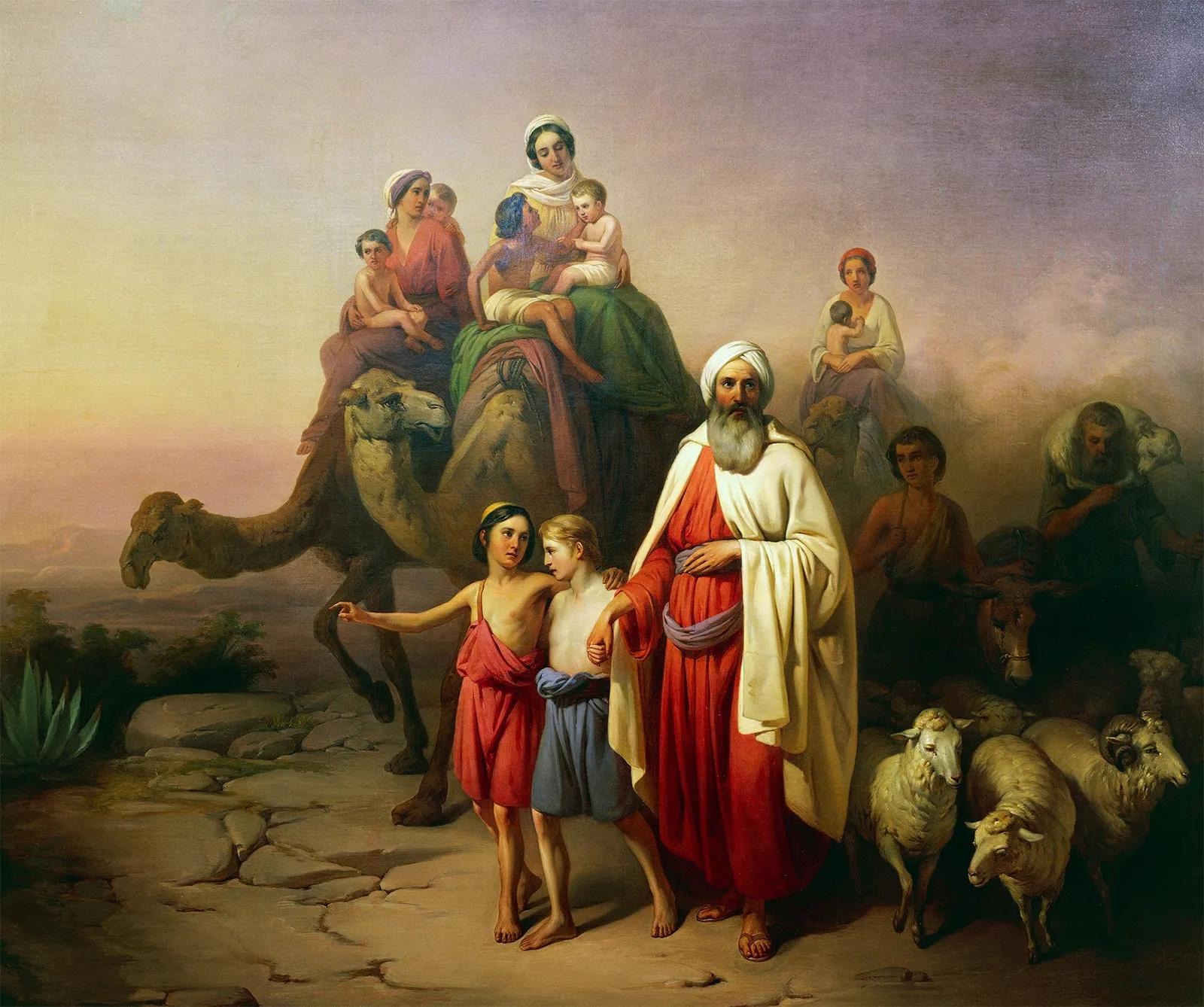The Chosen People: A Reinterpretation Through Biblical Perspectives
In the narrative of divine election, often associated solely with the Jewish people, lies a profound truth awaiting exploration—a truth that transcends cultural boundaries and resonates with the hearts of all who seek to follow the God of Abraham. This truth finds expression in the teachings of Jesus Christ, challenging traditional notions of chosenness and inviting believers of all backgrounds into a deeper understanding of their spiritual identity.
At the heart of this reexamination is the apostle Paul’s assertion in Romans 9:6 that “not all who are descended from Israel are Israel.” This seemingly paradoxical statement reveals a fundamental principle: chosenness is not merely a matter of ancestry or lineage but is contingent upon faithfulness to God. In other words, being a physical descendant of Abraham does not automatically confer chosen status; rather, true chosenness is rooted in a personal relationship with God and obedience to His commandments.
This understanding is further elucidated in Jesus’ teachings, which emphasize the importance of faith and righteousness as the defining characteristics of God’s chosen people. In his Sermon on the Mount, Jesus proclaims, “Blessed are those who hunger and thirst for righteousness, for they will be filled” (Matthew 5:6), highlighting the centrality of moral integrity and spiritual devotion in the divine economy.
Moreover, Jesus’ interactions with individuals from diverse backgrounds underscore the inclusive nature of divine election. Whether engaging with Samaritans, Gentiles, or outcasts, Jesus extends the invitation of divine grace to all who earnestly seek God. In the story of the Samaritan woman at the well (John 4:1-42), Jesus demonstrates this inclusive vision by offering living water to a marginalized woman, transcending ethnic and religious barriers to reveal the universal nature of God’s love and salvation.
The apostle Paul further develops this theme in his letters to the early Christian communities, emphasizing the universality of salvation through faith in Christ. In Galatians 3:28, Paul declares, “There is neither Jew nor Gentile, neither slave nor free, nor is there male and female, for you are all one in Christ Jesus.” This radical vision of unity in Christ dismantles traditional distinctions based on ethnicity, social status, and gender, affirming the equal standing of all believers as members of God’s chosen people.
However, it is essential to recognize that this reinterpretation does not diminish the unique role of the Jewish people in salvation history. Rather, it expands the understanding of chosenness to include all who profess faith in the God of Abraham and strive to follow His commandments. In this sense, Christians and anyone who aligns themselves with the God of Abraham become heirs to the promise, heirs to the covenant, and heirs to the blessings bestowed upon God’s chosen people.
In conclusion, the concept of the chosen people undergoes a profound reevaluation through the teachings of Jesus Christ and the apostle Paul. No longer confined to a particular ethnic or cultural group, chosenness becomes synonymous with faithfulness to God and obedience to His will. As Christians, and as followers of the God of Abraham, we are called to embody this truth, recognizing that our identity as chosen people is not determined by our ancestry but by our commitment to follow God wholeheartedly. In this understanding, the boundaries of chosenness dissolve, and all who seek God with sincerity of heart become partakers of His eternal promises.
